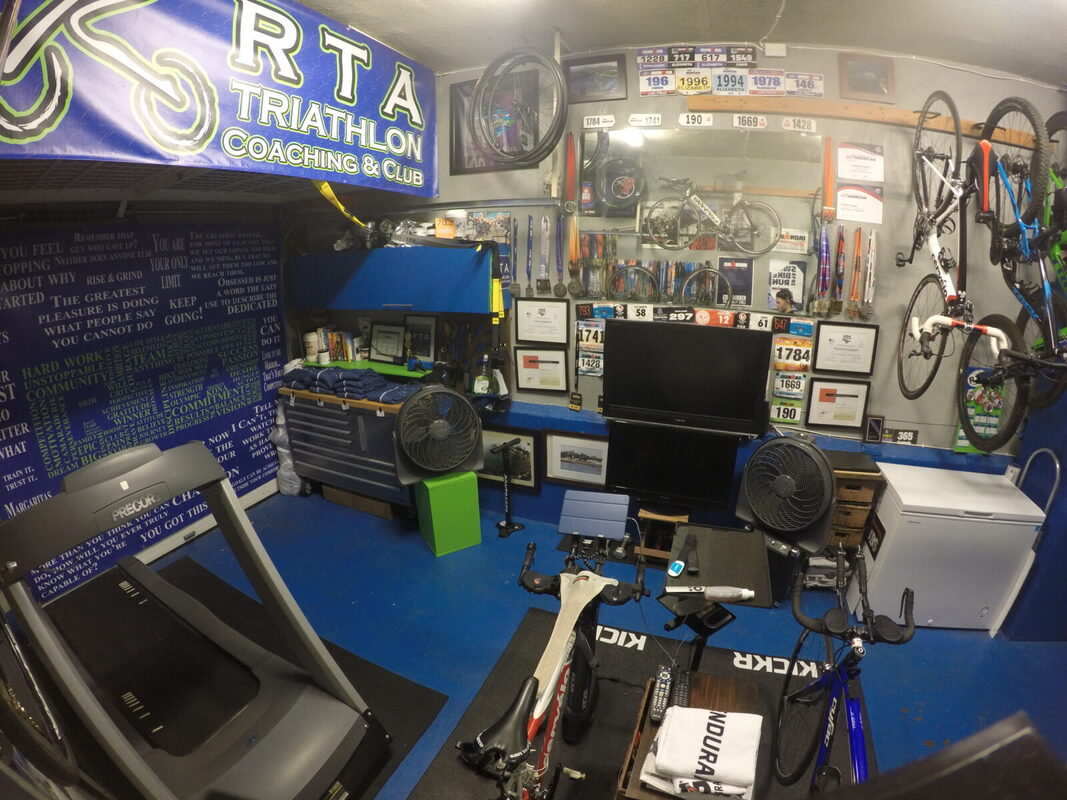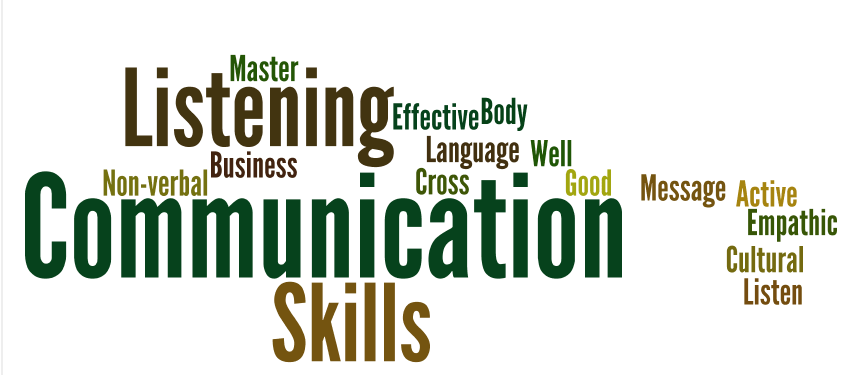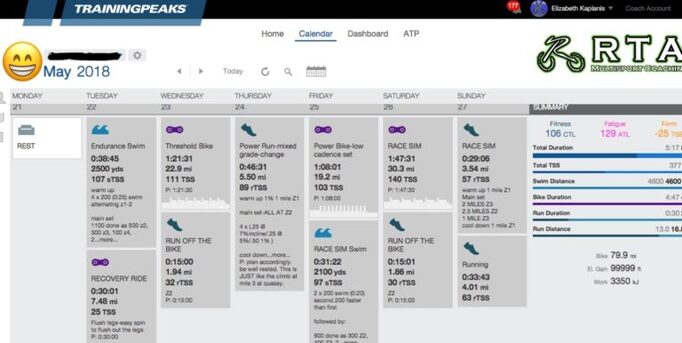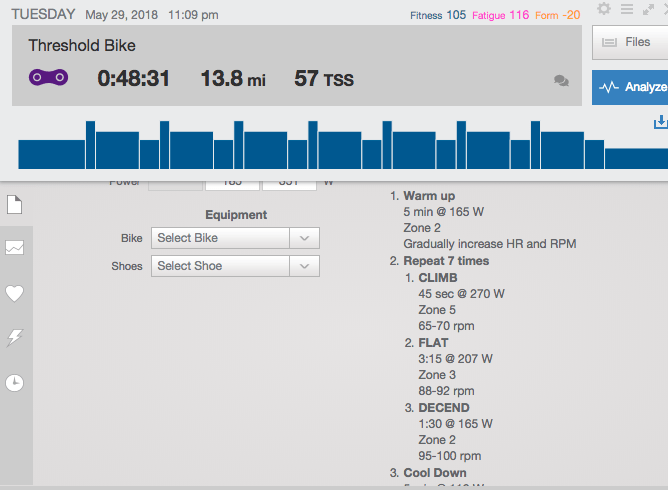|
COMMUNICATION Hiring a triathlon coach is becoming more and more common among triathletes. There are a ton of considerations and a lot of options when deciding who to hire, but one is most important. THE most important component in triathlon coaching is the COMMUNICATION between coach and athlete. If you’re coach is a good communicator you will do well. If she’s an exceptional communicator, you’ll do REALLY well! It’s not just about the coach telling the athlete what to do. A good coach makes time for their athletes, encourages communication and listens to their athletes. Good communication sounds simple. It sounds like common sense. However, there’s a lot that goes into communicating well and it’s not all on your coach. It’s a Two Way Street Just like in most areas of life, communication is critical in triathlon coaching. While the coach is generally considered the “expert” in the coach-athlete relationship, communication is a two way street. Both parties need to communicate with one another. Don’t expect your triathlon coach to read your mind. If you don’t understand something or if something is bothering you, you need to speak up. If your coach wants to better understand how a key workout went or why you went harder/easier or longer/shorter than planned, don’t be unresponsive to their phone call, text or email. Did you run out of time? Was your heart rate monitor acting funny? Or were you simply confused by the workout prescribed? COACH A good coach should be regularly available to his athletes. Text, call, email, whatever! Can you text or call your coach if you have a quick question or if something comes up? Does your coach respond to your questions in a timely manner? This is important. Communicating Workouts An affective coach will clearly communicate each workout, it’s importance and it’s purpose. If you don’t know why you’re doing something or why it’s important, you are selling yourself short. At RTA Triathlon we use the Training Peaks platform for all of our athlete’s training programs. Training Peaks provides the complete web, mobile and desktop solution for enabling smart and effective endurance training. It is the most robust platform in the world. Below is an example of one of our athletes workout calendar 14 days out from their next race: You’ll noticed there are lots of Race Simulation workouts. Workout Details Through Training Peaks we are able to communicate workouts and their details effectively. We are also able to view post workout data and athlete feedback (more on that later). In addition to WHAT to do for each workout, we tell our athletes HOW to do each workout. This is important because with each workout we are targeting a specific energy system or physiological response. This is very important in order to maximize your time and each training session’s effectiveness. In part, we accomplish this by prescribing specific “zones” or outputs for each effort during workouts. The zones listed for each athlete are SPECIFIC TO THE INDIVIDUAL ATHLETE and BASED ON THEIR MOST RECENT TEST RESULTS. Below is an example of one of our athlete’s bike workout, 5 days out from their next race: You’ll noticed there is a series of “CLIMB, FLAT & DECEND.” This is because they are preparing for a bike course with these EXACT demands. Specificity is key! Bike Zone example below. Swim, Bike and Run “zones” are provided to ALL RTA athletes following their regular “Test Sessions.” FLEXIBILITY You can plan all you want, but “life happens” and things change ALL THE TIME! You or your kids can get sick, work gets crazy, bad weather, you get injured or you simply decide you need a vacation! As such, it’s important for you and your coach to be flexible as the season unfolds. In the beginning of the year we develop a “wire frame” for each athlete’s season. We know what we want to accomplish (because we have discussed this with the athlete) and we have a plan for how to accomplish it, but things are constantly moving. NOTHING is stagnant! This is why it’s important for your coach to work with you and make the necessary changes as your schedule changes. Most coaches will makes these changes on a monthly basis, but a good coach will makes changes on a weekly basis. At RTA Triathlon, we pride ourselves on making changes on an “as needed basis.” This could be weekly, daily or even hourly. Things come up all the time. If the pool is closed or you end up working late, we don’t want you to have to guess about what you should do. Should you skip it? Should you do it at 10pm? Should you double up your training sessions tomorrow? Let US help guide you. Doing the wrong thing can put you in the hole and lead to sickness or injury. ATHLETE Similar to a good coach, a good athlete will communicate regularly. It is your job as the athlete to let your coach know how you’re feeling and how things are going. Remember, a good coach should encourage you as the athlete to communicate as needed. It’s a given your coach is reviewing your data for key workouts (at least he should be), but numbers are numbers and you’re a human. So, how did you feel? It’s important to communicate this to your coach. If you were feeling crappy, could it be because you have been traveling like a maniac for work? Or perhaps your kid is sick and you haven’t been getting much sleep. COMMUNICATE! Training Peaks allows for athletes to leave post workout comments. Many times athletes don’t do this. And it’s a shame. I’m not saying this is necessary for EVERY SINGLE WORKOUT, but for key workouts it’s nice to provide a little color as to how it went and how you felt. If for nothing else, you, yourself, can refer back to your comments in the future. Your post workout feedback will allow you to truly maximize your triathlon coach’s knowledge and experience. What works? What Doesn’t? When working with a new coach (or a coach for the first time) it’s important to let them know what works and what doesn’t work for you. I’m specifically referring to your life schedule (family, work, social obligations) as it relates to your weekly & monthly training schedule. When do you have availability to workout (AM, PM, mid day?) and how much time on any given day are you able to spend training. I’m not suggesting ALL of this time will be used, but your coach can easily avoid scheduling workouts on days and at times you simply cannot train if they know this information. These details are some of the most critical pieces of information we gather from our athletes. We ask all our athletes this in our initial Athlete Questionnaire and use it weekly when developing their plan. When Things are NOT Working No coach is perfect. And each athlete is unique and requires a different level of attention.
If your coach is doing something you would like to see change, speak up! Your coach wants you to be happy and if it is possible to do things differently, they will. BUT remember, you coach isn’t a mind reader! At the end of the day, the coach – athlete relationship is no different than any other relationship. The better the communication between both parties, the better the experience and results for everyone involved. Comments are closed.
|
Categories
All
Archives
July 2024
|
RTA TriathlonRTA is a comprehensive triathlon coaching organization and fully supported USAT sanctioned triathlon club.
We are based in Ridgewood, NJ and coach triathletes of all abilities from across the country. Our mission is to make you a better triathlete. Contact us when you're ready to take your "game" to the next level. |
|
|
Quick Links |
Let's get social
RTA Triathlon
Copyright © 2022
Copyright © 2022







 RSS Feed
RSS Feed
